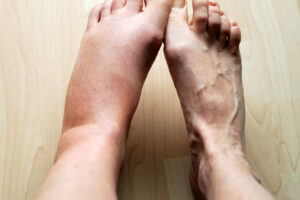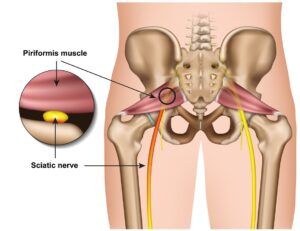Heart disease is the single largest cause of death in the United States while stroke follows on the heels at number five on the list of top diseases responsible for fatalities.
It is well proven that by making suitable changes to your lifestyle, you can significantly reduce your risk of heart disease and stroke, however, the changes, as simple as they look; require a great degree of commitment, which often is sadly lacking. Some of the most effective lifestyle changes that you can make to reduce the chances of heart disease and stroke:
Blood Pressure Control
Elevated blood pressure is perhaps the biggest risk factor for heart disease. Adults over the age of 35 should undergo regular checks for blood pressure, at least once a year is advise, or even more frequently for those who have already been diagnosed with high blood pressure. Exercise regularly, keep salt intake under control and have any medicines prescribed to you regularly.
Maintain Healthy Body Weight
Being overweight or obese can increase the risk of heart disease manifold. Typically, being overweight is link with high blood pressure, diabetes, high levels of cholesterol and triglycerides, all proven to be risk factors for heart disease. Keeping a check on the blood sugar level is important. Currently, a lot of research is being undertaken in plasmid isolation techniques for better insulin production by the human body.
Control Cholesterol and Triglyceride Levels
Arteries clogged with cholesterol and triglycerides are one of the main factors behind heart disease. It is important to lower the level of Low-density-lipoprotein (LDL) cholesterol that is consider bad for heart health. A high level of triglycerides can also jeopardize the health of your heart. Eating healthy and exercising are good ways of keeping cholesterol and triglycerides under control along with medication.
Eat Healthily
To lower the risk of heart disease, it is very important to adopt a diet that is high on fresh foods, especially fruits and vegetables that are high on the water content and fiber. According to https://www.heart.org, it is important to avoid foods, especially red meats and processed foods that are high in saturated fats, sodium, and added sugar. Switch to water or fruit juice instead of gulping down sugary beverages.
Exercise Regularly
Exercising regularly has multiple benefits; not only does it work off the excess calories and prevent body weight from going up but also it improves the respiratory system and lowers blood pressure and cholesterol levels. It also acts to boost the level of circulation of blood and strengthen the heart.
Quit Smoking
For a healthy heart, it is very important that you stop smoking cigarettes. Smoking has proven to result in elevating your blood pressure and put you at increase risk of heart disease. Try out nicotine replacement therapy if you are experiencing severe withdrawal symptoms after stopping smoking.
Conclusion
Apart from the lifestyle changes mentioned here, there are a lot of other things that you can do to reduce the risk of heart disease. Limiting the consumption of alcohol, managing diabetes well, reducing stress, and getting adequate sleep are also good ways of taking care of your heart.
Author bio –
Kristen Smith is a health expert who has been running many health seminars and public discussions. She also manages her blog and reviews the health-related details provided by authentic sources. You can visit plasmid isolation for more information.




